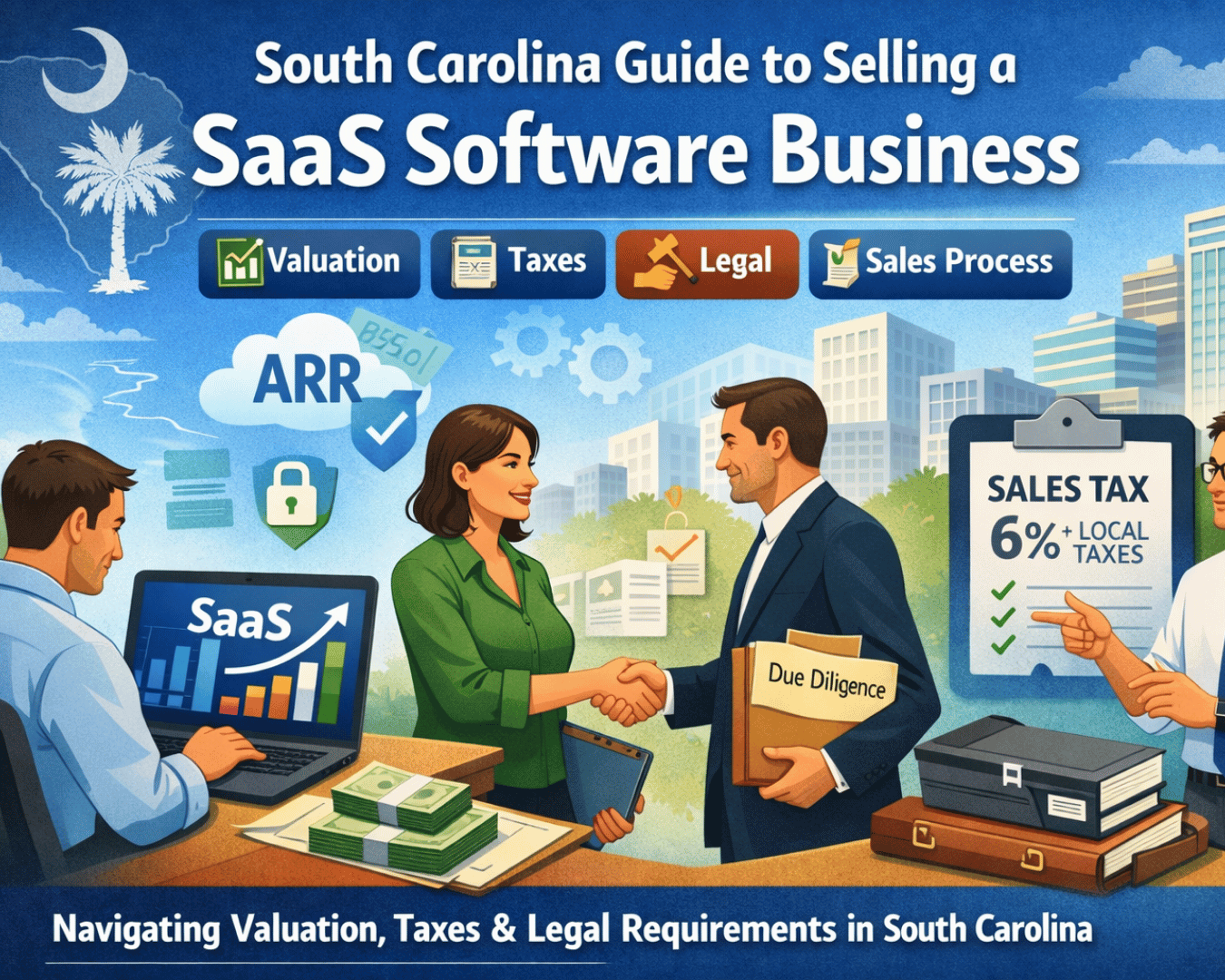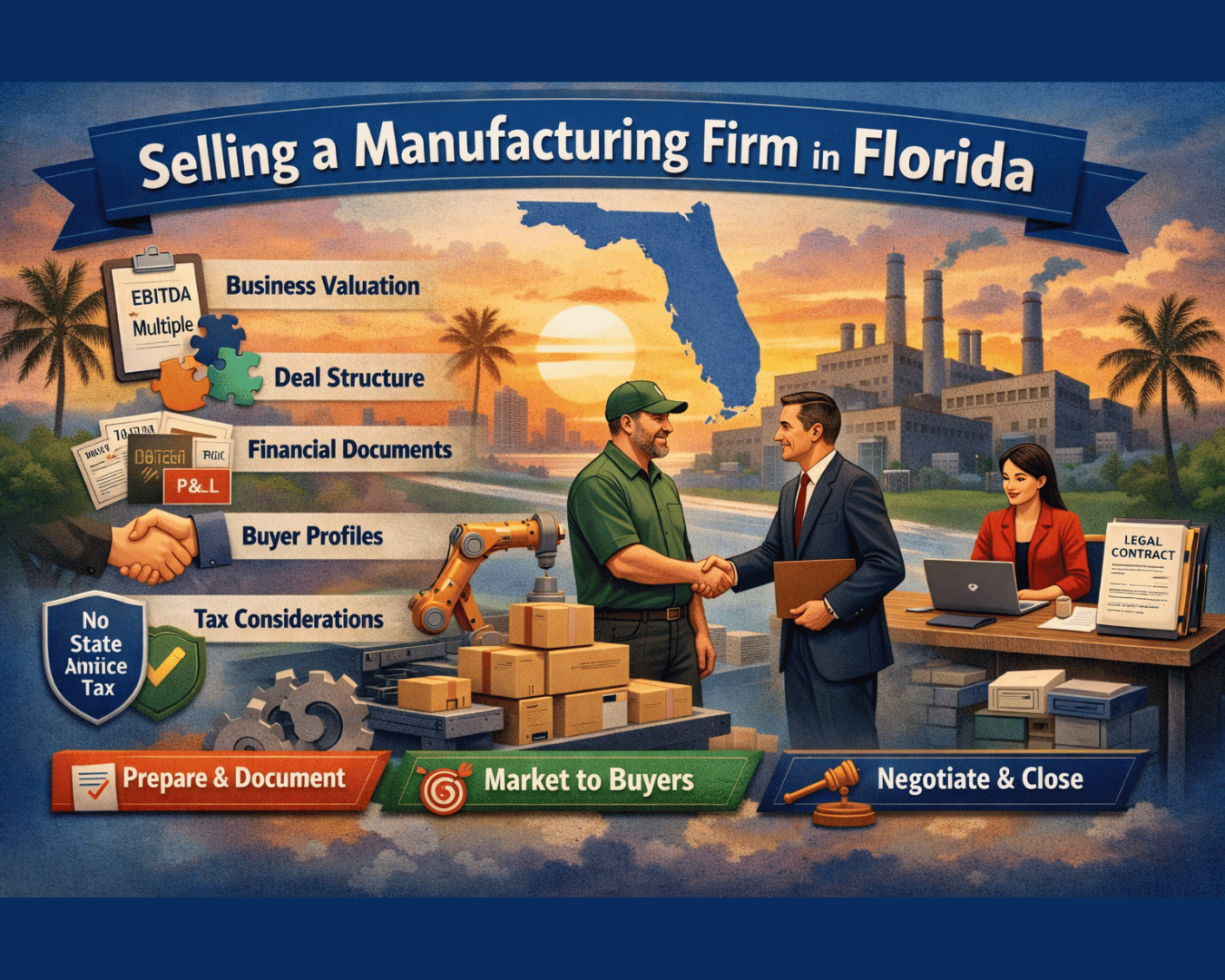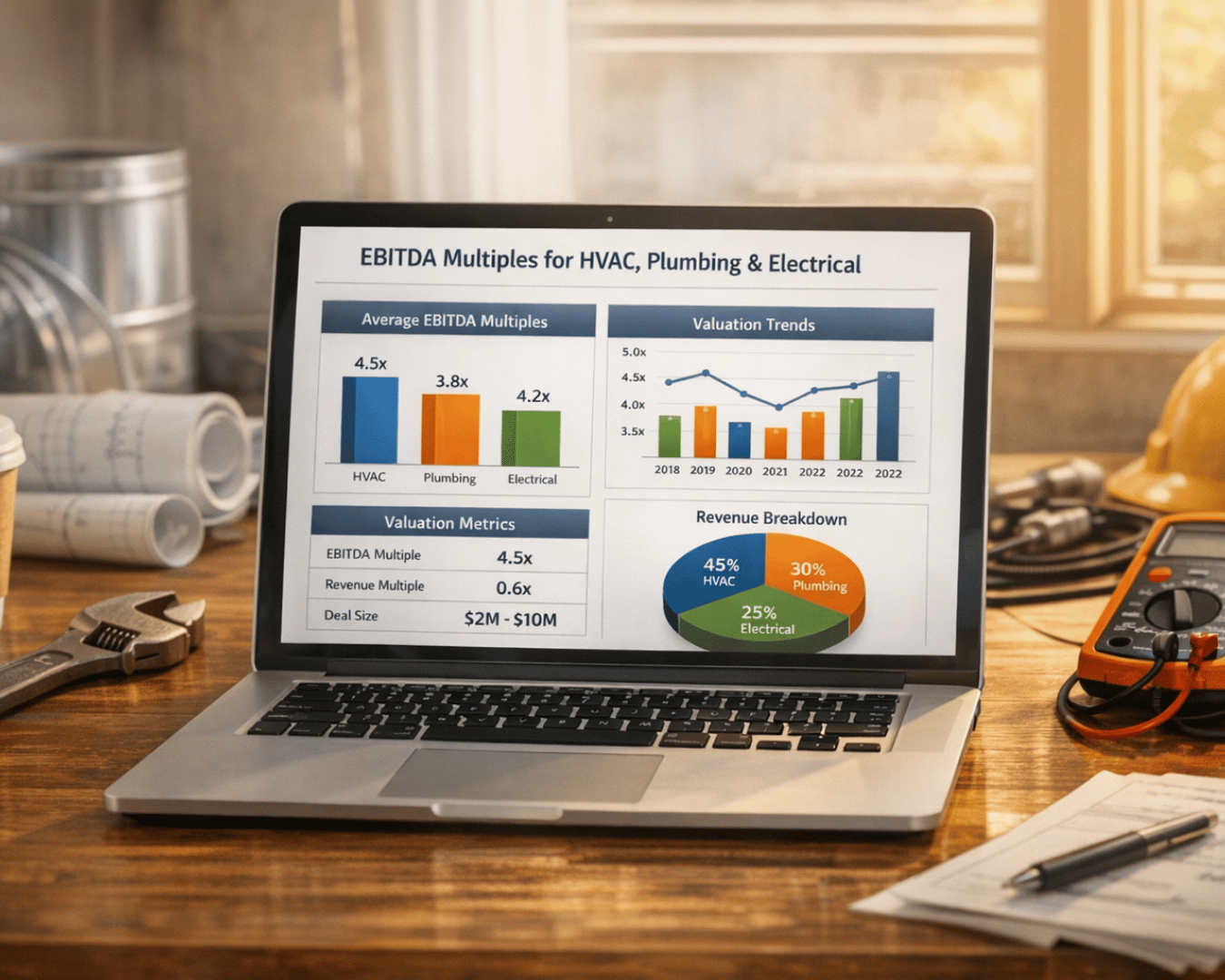Hard money loans can be a fast, asset-focused financing option for business acquisitions, especially when traditional financing isn't feasible. These loans prioritize collateral value over credit history and are ideal for situations requiring quick action, flexibility, or unconventional deal structures. However, they come with higher costs and short repayment terms, making a clear exit strategy essential.
Key Takeaways:
- Fast Approvals: Loans are often approved in 7–14 days, helping buyers close deals quickly in competitive scenarios.
- Collateral Focus: Approval depends on the value of assets like real estate or equipment, not credit scores or income.
- Short-Term Use: Typically used as bridge financing until long-term funding is secured.
- Higher Costs: Interest rates range from 8–15%, with short repayment periods (6–24 months).
Hard money loans work best for buyers needing quick capital, those with limited credit history, or deals involving distressed sales. But they require careful planning to manage risks and transition to more affordable financing.
How to Get a Hard Money Loan - When, Why, How
Common Problems in Business Acquisition Financing
When buyers look to traditional financing for business acquisitions, they often hit roadblocks that can derail even the most promising deals. Banks and conventional lenders stick to strict rules designed more to minimize risk than to offer speed or adaptability. Here’s a closer look at the major challenges tied to traditional financing methods.
Slow Approval and Funding Times
Traditional banks are known for their drawn-out approval processes. Their multi-step evaluations can take weeks - or even months - before funding is approved. For buyers in competitive markets, such delays can mean missing out on deals where sellers expect a quick closing.
"Traditional banks often require longer application processes than alternative lenders since they are generally more risk-averse." – Kapitus
Strict Credit and Documentation Requirements
Conventional lenders set high bars for qualification, often excluding buyers who don’t meet their rigid standards. Typically, they require:
- A credit score of 700 or higher
- Significant down payments
- Strict Debt Service Coverage Ratio (DSCR) benchmarks
The paperwork alone can overwhelm buyers, particularly those without a traditional financial background. Banks usually ask for several years of tax returns, detailed financial statements, business plans, and collateral documentation. This process often involves multiple in-person meetings and rounds of submissions, making it both time-consuming and cumbersome. Moreover, banks tend to focus heavily on the historical financial performance of the business being acquired, rather than its future potential.
Challenges for Non-Traditional Buyers
Buyers who don’t fit the mold - like first-time business owners, those transitioning careers, or individuals with limited cash reserves - often find themselves excluded. High down payment requirements (typically 20–30% of the purchase price) and strict credit demands create significant barriers. These hurdles emphasize the importance of more flexible options, such as hard money loans, which can accommodate these buyers.
| Challenge Area | Impact of Traditional Lending | Effect on Timeline |
|---|---|---|
| Approval Process | Weeks to months for a decision | Delays lead to lost opportunities |
| Credit Requirements | Requires 700+ credit score | Many capable buyers are excluded |
| Documentation | Extensive paperwork and verification | Adds delays and administrative strain |
| Down Payment | 20–30% cash requirement | Shrinks the pool of eligible buyers |
These obstacles showcase a clear gap in the market. Alternative financing options - like hard money loans - can step in to provide the speed and flexibility that traditional lenders often lack.
When to Use Hard Money Loans for Business Acquisitions
Hard money loans can be a game-changer in situations where traditional financing falls short. They’re especially useful when speed, flexibility, or unconventional deal structures are required. Let’s break down when these loans make the most sense.
Time-Sensitive Acquisition Opportunities
In competitive markets, being able to close quickly often makes or breaks a deal. Hard money loans provide fast approvals, which can be critical for securing distressed sales or off-market opportunities with tight deadlines.
Distressed sales often arise when business owners face urgent financial pressures - like pending bankruptcy, partnership disputes, or health issues. These situations can lead to below-market pricing, but only for buyers who can act quickly with the help of hard money financing.
Off-market deals, often discovered through networking, also tend to come with short windows for action. Sellers in these scenarios prefer buyers who can show immediate financial readiness, and pre-approval for a hard money loan can be a strong advantage.
Buyers with Limited Credit or Financial History
Hard money lenders focus more on the value of the collateral and the specifics of the deal than on the borrower’s credit score. This makes them an excellent option for first-time business buyers or professionals transitioning from corporate roles who may not have an extensive financial track record.
Entrepreneurs with past financial setbacks can also benefit, as hard money lenders evaluate the strength of the business and its assets rather than dwelling on the borrower’s credit history. Similarly, international buyers, who often face hurdles with U.S. banking systems, can use hard money loans to focus on the viability of the acquisition itself.
Bridge Financing Needs
Hard money loans are ideal as short-term solutions while buyers work on securing permanent funding. They help bridge the gap when timing issues arise between deal opportunities and the availability of long-term financing.
For example, traditional loans like SBA 7(a) loans often take time to process. Hard money loans allow buyers to close deals quickly, with the option to refinance into a more permanent loan once the slower approval process is complete.
Seasonal business acquisitions are another area where speed matters. Buyers can use hard money loans to seize opportunities during peak performance periods, ensuring they don’t miss out on favorable market conditions.
Flexible Deal Structures
Hard money lenders are known for their ability to accommodate unique and complex acquisition scenarios that traditional banks might shy away from.
Businesses with significant assets - such as real estate, equipment, or inventory - are a natural fit for this type of financing. Hard money loans can cover both the purchase price and immediate working capital needs, bundling acquisition and growth capital into a single loan.
For situations like partnership buyouts or internal succession planning, where ownership transitions can get complicated, hard money loans offer flexibility. They focus on the business’s cash flow and assets rather than relying on rigid buyer-seller arrangements.
The key to using hard money loans effectively is aligning their benefits - speed, flexibility, and adaptability - with the specific needs of the acquisition. While these loans often come with higher costs and shorter terms, their advantages can outweigh the downsides in the right circumstances.
sbb-itb-a3ef7c1
Pros and Cons of Hard Money Loans
Understanding the upsides and downsides of hard money loans is essential when deciding if they’re the right fit for your acquisition strategy. These loans come with unique perks that can make certain deals possible, but they also carry challenges that need careful consideration.
Benefits of Hard Money Loans
One of the standout advantages of hard money loans is their speed. With approvals often completed in just 7 to 14 days - compared to the 30 to 90 days typical for traditional loans - these loans can be a game-changer for time-sensitive deals. Additionally, their flexible underwriting makes them accessible to buyers who might not meet the strict criteria of conventional lenders. This flexibility allows buyers to pursue opportunities that might otherwise be out of reach.
Here’s a quick look at the key benefits:
| Key Benefits | Impact on Acquisition |
|---|---|
| Fast approval (7-14 days) | Increases competitiveness in time-sensitive transactions |
| Asset-based underwriting | Opens doors for buyers with credit scores under 700 |
| Flexible terms | Allows for interest-only payments and tailored repayment plans |
These advantages can make hard money loans a valuable tool, but they come with trade-offs.
Drawbacks of Hard Money Loans
The most notable downside is their cost. Hard money loans typically have higher interest rates - ranging from 8% to 15%, compared to the 4% to 8% seen with traditional loans. This difference can add up quickly, increasing acquisition costs by $20,000 to $50,000 annually for every $500,000 borrowed.
Another challenge is their short repayment period, often between 6 and 24 months. This requires borrowers to have a clear exit strategy, such as refinancing or generating sufficient cash flow, to pay off the loan within the limited timeframe. Lastly, these loans are secured by collateral, which means borrowers must pledge significant assets. If the acquisition doesn’t perform as expected, there’s a real risk of losing those assets.
Here’s a breakdown of the main drawbacks:
| Key Drawbacks | Risk to Buyer |
|---|---|
| Higher interest rates (8-15%) | Adds $20,000-$50,000 annually in costs per $500,000 borrowed |
| Short repayment periods | Demands quick refinancing or a solid repayment plan |
| High collateral requirements | Increases the risk of losing pledged assets if the deal underperforms |
Hard money loans can provide a lifeline for buyers dealing with urgent opportunities or unconventional financing challenges. However, success depends on thorough planning, especially when transitioning to more sustainable long-term financing. Balancing the speed and flexibility of these loans against their higher costs and risks is key to determining whether they align with your acquisition goals.
How to Secure and Use Hard Money Loans
Securing a hard money loan requires careful planning and a well-thought-out exit strategy. These loans offer speed and flexibility, but borrowers need to fully understand the process and potential risks. The goal is to show the lender that the deal is viable while preparing for a smooth transition to long-term financing.
Evaluating Deal Viability and Collateral Value
Before reaching out to hard money lenders, it's crucial to evaluate both the business you're acquiring and the collateral you’ll use to secure the loan. Start by assessing the business’s cash flow and market position. Lenders need to see that the acquisition makes financial sense, even though their primary focus is on the value of the collateral.
Take a close look at the business’s EBITDA (earnings before interest, taxes, depreciation, and amortization) over the past three years. For example, a business generating $200,000 in EBITDA annually might support a $1.2 million purchase with the right financing structure. But don’t forget to factor in the higher interest rates that come with hard money loans.
Collateral is just as important. Hard money lenders typically require a loan-to-value (LTV) ratio of 60% to 80%. This means your collateral - whether it’s real estate, business equipment, inventory, or accounts receivable - needs to meet those requirements. Professional appraisals can help confirm the value of your assets.
The type and location of your collateral also matter. For instance, a commercial property in a prime location is more appealing to lenders than specialized equipment that might be harder to sell. Using a mix of collateral types can strengthen your loan application and might even help you secure better terms.
Once you’ve assessed the deal’s viability and collateral value, ensure your financial documents are in order to streamline the approval process.
Preparing Financials and Negotiating Terms
Hard money lenders expect quick and thorough documentation. To prepare, gather personal financial statements, tax returns from the last two years, and a detailed business plan for the acquisition. While credit scores are less critical, having a score above 650 can help you secure better loan terms.
Your business plan should clearly outline how you’ll improve the company’s performance and generate enough cash flow to cover the debt. Include realistic monthly cash flow projections, expected operational improvements, and a strategy for managing the transition period. This level of detail helps justify the fast-track financing that’s often needed for competitive acquisitions.
When negotiating loan terms, don’t just focus on the interest rate. Pay attention to origination fees, which typically range from 2% to 5% of the loan amount. For instance, on a $500,000 loan, you could be looking at $10,000 to $25,000 in upfront costs. If possible, negotiate for interest-only payments during the initial months. This gives you time to implement improvements before the principal payments kick in.
Another key consideration is prepayment penalties. Some lenders charge a fee if you pay off the loan early, which could complicate your refinancing plans. Aim to negotiate terms that waive prepayment penalties after six months, giving you flexibility to refinance into a better long-term loan.
Once you’ve finalized the loan terms, it’s time to focus on your plan for refinancing or paying off the loan.
Planning for Refinancing or Exit Strategy
Because hard money loans are short-term - usually 12 to 24 months - it’s vital to have an exit strategy from the start. You’ll need a clear plan for refinancing or paying off the loan before it matures.
Refinancing with an SBA 7(a) loan is often the best option. These loans offer lower interest rates and longer repayment terms, but the application process can take 60 to 90 days. Begin preparing your SBA application within the first three months of your hard money loan. This includes gathering extensive documentation and working with an experienced SBA lender.
If the business shows strong cash flow, conventional bank financing might also be an option after 12 to 18 months of ownership. Banks typically want to see consistent performance and evidence that you can manage the business effectively. Keep detailed financial records and build relationships with local banks to improve your chances of securing funding.
During this transition period, cash flow planning is critical. Calculate your monthly debt service requirements and ensure the business generates enough cash flow to cover both operating expenses and loan payments. It’s wise to include a 20% safety margin to account for unexpected challenges.
Set a refinancing timeline to avoid delays. For example, if your hard money loan matures in 18 months, start the refinancing process by month 12. This gives you plenty of time to complete applications, address any issues, and close on new financing before your loan term ends.
Seller financing can also be part of your exit strategy. If the business performs well, you might negotiate with the original seller for additional financing to help pay off the hard money loan while extending your repayment terms.
Platforms like Clearly Acquired can be especially helpful during this process. They connect borrowers with a variety of financing options, including SBA 7(a) loans, commercial loans, and equipment financing. Their network of lenders and streamlined application process can make it easier to transition from a hard money loan to a more affordable, long-term financing solution. This ensures you maximize the benefits of your initial loan while keeping long-term costs under control.
Conclusion: When Hard Money Loans Make Sense for Acquisitions
Hard money loans shine in scenarios where speed and adaptability outweigh the higher costs of short-term financing. They’re especially useful for acquisitions that require quick action - like closing a deal within 48 to 72 hours to secure a lucrative opportunity. In competitive markets, where multiple buyers are vying for the same business, the ability to close quickly can be a game-changer.
These loans are also a lifeline for non-traditional buyers. Entrepreneurs with limited credit history, irregular income, or unconventional financial documentation often find traditional lenders unwilling to work with them. Hard money loans, being asset-based, focus on the value of the business rather than your personal financial profile, making them a viable option in such cases.
Another scenario where hard money loans prove their worth is bridge financing. If you’ve found the perfect acquisition but need immediate capital while arranging long-term financing, these loans can help you move forward without delay. However, having a clear exit plan - such as refinancing or securing more affordable long-term financing - is critical to mitigate risks.
That said, hard money loans aren’t for everyone. Their higher interest rates and short repayment terms require thorough cash flow planning. If traditional financing is available, it’s generally a more cost-effective option. Additionally, these loans require collateral, so failing to repay could result in losing valuable assets. It’s crucial to ensure the business you’re acquiring generates sufficient cash flow to cover the debt while you work on refinancing.
The key to using hard money loans effectively is treating them as a short-term, strategic tool rather than a permanent solution. Successful borrowers leverage their speed and flexibility to seize opportunities, then transition to more affordable financing once the acquisition stabilizes.
Platforms like Clearly Acquired simplify this process by offering access to a variety of financing options, including hard money loans, SBA loans, commercial financing, and equity solutions. By comparing these options, you can structure deals that align with your acquisition goals and risk tolerance, giving you a comprehensive strategy for success.
In short, hard money loans make sense when the cost of waiting outweighs their higher expense. If traditional financing isn’t practical due to time constraints, accessibility challenges, or other hurdles - and you have a solid plan to manage the short-term debt - they can be a powerful tool in your acquisition strategy. Used wisely, they enable you to act decisively and turn opportunities into reality.
FAQs
What are the potential risks of using hard money loans for business acquisitions, and how can you reduce them?
Hard money loans often carry higher interest rates, shorter repayment terms, and the potential risk of losing your collateral if you fail to meet the terms. To reduce these risks, it's essential to do your homework before borrowing. This means researching lenders, fully understanding the loan terms, and assessing whether the investment aligns with your financial goals. Additionally, having a realistic repayment plan in place and using the loan purposefully - such as for projects with a quick turnaround - can help ensure a profitable outcome. With careful planning and smart financial decisions, you can make the most of a hard money loan while safeguarding your assets.
What are the key differences between hard money loans and traditional financing for business acquisitions?
Hard money loans are known for their higher interest rates, typically falling between 8% and 12% or more, paired with shorter repayment terms, usually spanning 6 to 24 months. These loans are designed for situations where speed is crucial, making them a popular choice for time-sensitive deals or when traditional financing isn't feasible. Borrowers often repay these loans through methods like refinancing, selling assets, or leveraging cash flow from the acquired business.
In contrast, traditional financing stands out for its lower interest rates and longer repayment terms, often extending from 15 to 30 years. While these loans are more affordable in the long run, they come with a slower approval process, requiring more documentation and meeting stricter qualifications. This makes them a better fit for buyers who have the time and resources to navigate these requirements.
Deciding between these two options boils down to your timeline, financial goals, and the specific demands of the acquisition you're pursuing.
How can borrowers transition smoothly from a hard money loan to long-term financing?
To move from a hard money loan to long-term financing without hiccups, it’s essential to focus on two key areas: strong financial documentation and improving your credit profile. These steps help you align with the stricter requirements of conventional loans. Many experts suggest waiting 6 to 12 months before making the switch. This timeframe allows you to build equity and potentially qualify for financing options with lower interest rates and greater stability.
It’s also wise to connect with an experienced lender or financial advisor early in the process. They can guide you toward the most suitable refinancing options, like traditional mortgages or cash-out refinancing. By planning carefully and staying in close contact with your lender, you can ensure a smooth transition to more affordable, long-term financing.











%20%20Process%2C%20Valuation%20%26%20Legal%20Checklist.png)




















%20in%20a%20%2420M%20Sale..png)
%20vs.%20Conventional%20Loans%20for%20business%20acquisition.png)























.png)


.png)
.png)


































.png)












